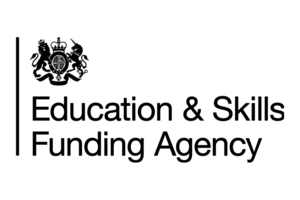Retired police officer’s misconduct sentence doubled following referral
News story
Alan Butler has had his sentence doubled by the Court of Appeal following a referral by the Solicitor General, Alex Chalk QC MP.

A Warwickshire Police worker has had his sentence doubled by the Court of Appeal following a referral by the Solicitor General, Alex Chalk QC MP.
Former police officer, Alan Butler, 65, was found guilty of two counts of misconduct in a public office. While working as a staff investigator, Butler used his position to engage in relationships with two women whose cases he was involved in investigating.
On 4 October 2021, Butler was sentenced to 18 months’ imprisonment, at Coventry Crown Court.
Following the sentence, the Solicitor General referred Butler’s sentence to the Court of Appeal under the Unduly Lenient Sentence (ULS) scheme.
On 30 November 2021 the Court of Appeal found his original sentence to be unduly lenient and doubled it to 3 years’ imprisonment.
Speaking after the hearing, the Solicitor General, Alex Chalk QC MP said:
As a public servant, it is right that Butler’s conduct should be held to a higher standard. In taking advantage of vulnerable women, Butler showed disregard for the trust imbued in his office. I am glad that the Court of Appeal agreed and saw fit to increase his sentence today.
Published 30 November 2021

